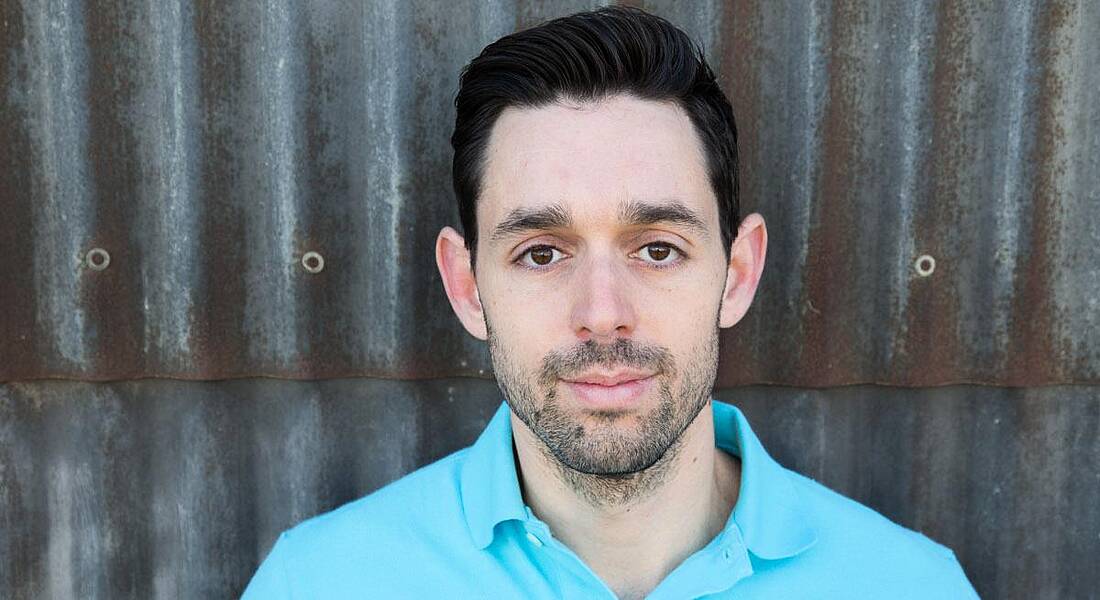Keeping your employees happy is about more than free food and a fancy office. Jacob Morgan talks about the three prongs of sustainable employee engagement.
There used to be a time when you could smoke in the office, a time when you could just work nine to five and a time when employees had to convince organisations why they should work there.
Today, you can’t smoke in the office, work-life balance has been replaced by work-life integration and, when an organisation is looking to hire people, it’s the people who say: ‘Why don’t you tell me why I should work there?’
This dramatically changes how we think about attracting and retaining the best talent in the world. Organisations had it easy in the past; they relied on their brand power and their ability to throw cash at anyone.
But how do you get people to want to work for you when your brand power isn’t as powerful and when people care about far more than just cash? The answer is employee experience.
For many years, we have collectively been investing in something known as ‘employee engagement’ but I found it quite interesting that, over the years, even though we have been dumping more money and resources into engagement, that the scores have either stayed the same, or in some cases have decreased.
Clearly, that doesn’t make any sense. What I found is that, although companies have good intentions when it comes to employee engagement, really what they are doing is simply investing in perks as a way to improve employee happiness – things like free food, employee appreciation days, bring your dog to work day etc. Not to say that these things are bad, but they aren’t strategies, especially when it comes to the future of work.
In psychology, there is a concept known as the hedonic treadmill, which basically states that you have a relatively fixed point of happiness and that when something good or bad happens, you will eventually return back to the same level of happiness.
This is the very problem that most organisations are encountering today. They invest in something ‘cool’ like free food and employees become happier but, after a few months, the free food becomes standard and they want to know what’s next.
It’s the equivalent of being in a relationship with someone because you keep getting gifts. What happens when the gifts stop? You’re out of there! It’s dangerous to condition and encourage employees to stay with you simply because you give them free stuff; it’s not scalable or practical.
This is why companies are not seeing the return they were all promised, because employees adapt. But what if we could do something that is less adaptable?
A psychologist by the name of Thomas Gilovich conducted some fascinating research where he found that when people purchase a physical item, their satisfaction decreases over time.
But when they invest in an experience, their satisfaction goes up over time. This is what the world’s leading companies such as Airbnb, Cisco, Microsoft and others have figured out.
Employee experience is a strategic approach that is starting to appear at companies over the world, and not just in HR departments.
It is about moving away from short-term perks and benefits traditionally found in ‘engagement programmes’ and towards longer-term sustainable initiatives that are focused on three environments that every single organisation can control: culture, technology and the physical space. Basically, instead of trying to fit employees into your existing workplace practices, you redesign your practices around your employees.
Culture
Think of your company like a prescription drug that has potential side effects from use. Your culture is the equivalent of the side effects of working for your organisation. These side effects can be good, such as sense of empowerment, purpose and growth.
Or, these side effects can be bad, such as weight gain, arguing with your spouse, depression and a feeling of being unappreciated. Culture comprises 40pc of the overall employee experience.
Technology
Everything from the apps and phones to software, computers and the like fits into the technology environment – basically, any tools that you use to get your job done.
Technology acts as the central nervous system of the organisation that connects people and information. Things like flexible work and real-time recognition and feedback are just some of the ‘future of work’ concepts that are not possible without technology. This environment comprises 30pc of the overall employee experience.
Physical space
You should not be shocked to hear that the spaces in which we work are crucial to shaping our overall employee experience. The physical space includes everything from the free food you might get, to the art that hangs on the walls, to the floor plan your office is configured around.
The physical space acts as a symbol for your organisation that represents what it stands for and what it’s like to work there. The physical space comprises 30pc of the overall employee experience.
Think about a time when you had a job you didn’t like. Chances are you quit and went to go work for another organisation that was in the same industry, same geographic location, was the same size and you were probably even doing the same type of work.
Now, all of a sudden, you love your job! What changed? It wasn’t the work you were doing, it was the organisation’s ability to design for those three environments; control how you feel, the spaces in which you work and the tools you have access to do your job.
The future of work is all about employee experience and this is especially true considering all of the discussions and debates we are having around AI.
Everything your company does needs to be thought of in terms of how these environments are impacted. The big secret, though, is that in order to see the real return on these investments (including higher revenue, profitability, stock price performance and productivity), your company needs to do a great job of investing in all three things.
What types of experiences are you creating for your people and how are you leveraging these three environments?
By Jacob Morgan
Jacob Morgan is a bestselling author, futurist and global keynote speaker on the future of work and employee experience.




